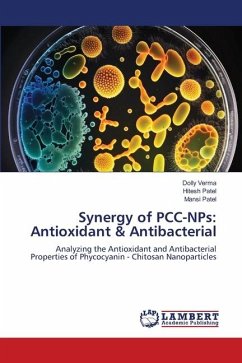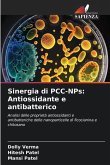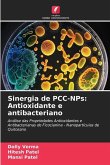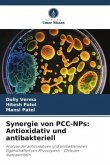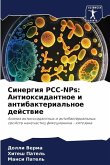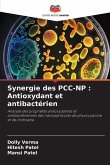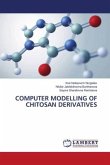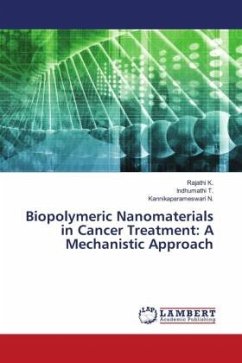In summary, the goal of this work was achieved by successfully separating phycocyanin from Spirulina and encapsulating it in chitosan nanoparticles. The effectiveness of the phycocyanin nanoparticles' antioxidant and antibacterial characteristics was then evaluated. The nanoparticles show a significant potential for antioxidant and antibacterial action, according to our data. In addition, it was found that the nanoparticles were more active than the crude phycocyanin extract, indicating that the formulation technique was effective. The examination of phycocyanin nanoparticles using techniques such as transmission electron microscopy, dynamic light scattering, and Fourier transform infrared spectroscopy yielded valuable information about the nanoparticles' physicochemical properties. The nanoparticles were spherical, ranged in size from 80 to 120 nm, and had a zeta potential of -30 mV, according to the results. The FTIR analysis demonstrated conclusively that chitosan was includedin the nanoparticle formulation.
Bitte wählen Sie Ihr Anliegen aus.
Rechnungen
Retourenschein anfordern
Bestellstatus
Storno

